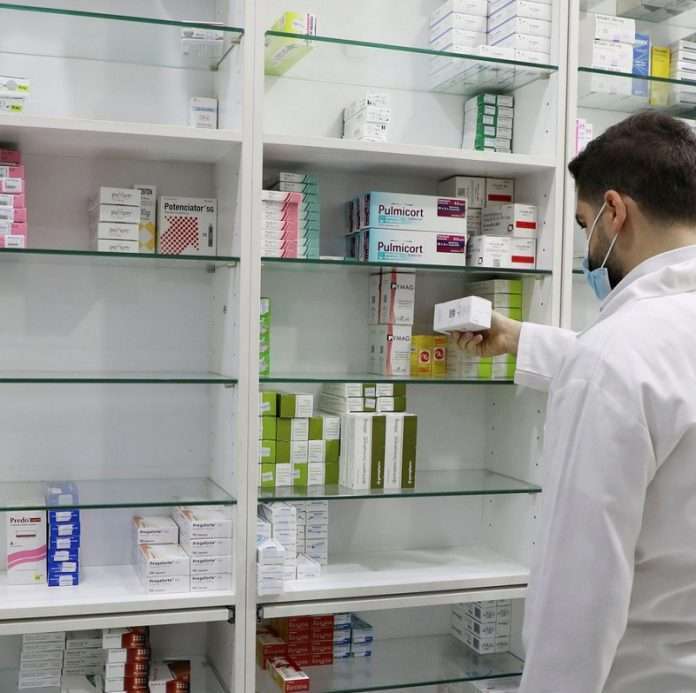An acute shortage of several essential medicines at the Ministry of Health (MoH) has left many patients without access to their essential medication. The situation has gone from bad to worse so much so that several members in parliament have threatened to grill the minister of health on the issue, unless urgent remedial measures are implemented to make available the necessary medications and alleviate the suffering of patients.
Severe shortage of some vital medicines that are prescribed to patients on a daily basis, and which threatens health and the exacerbation of illness among patients, has led to some citizens resorting to buying medicines online from the private sector, or even ordering them from neighboring countries.
Shortcomings in the health ministry’s annual budget allocations for medicines have been blamed for the shortage in medicines and the current medical fiasco.
Sources at the ministry note that the KD520 million allocated for medicines in the MoH budget for 2021-22 were used to pay previous invoices for medicines supplied by local and international companies. This has created a situation where funds are not available to purchase new medicines for the current year.
Experts estimate that the ministry requires an urgent addition of around KD250 million to tide over the current medicine crunch. They note that although provisions in the annual MoH budget for medications were raised by KD30 million from the previous year’s budget, this did not take into account the increase in population, the launch of new hospitals and health centers, or the relatively small quantities of essential medicines that are allocated to Kuwait by international vendors, all of which have now contributed to creating the current situation.
In addition, several challenges that private firms face in importing and distributing medicines have exacerbated the drug shortage facing the country. These obstacles include among others, the increase in transportation costs and the higher price of medicines on the global market, the long documentation cycles in obtaining approval from the regulators in Kuwait before being able to import new medicines, as well as the delay in payment of invoices by the health ministry to vendors and distributors of medicines. The ministry is said to be unwilling and unable to pay vendor invoices because the prices were higher than what was approved by the ministry.
Experts say that the solution to the current shortage in medicines is for the Ministry of Finance to urgently allocate emergency funding to MoH. On the longer term, the annual budget for medications will have to increased, the storage space in the Central pharmaceutical stores in Sabhan will need to be expanded, and new medical warehouses will need to be built in each of the six governorates to ensure that if the central warehouse in Sabhan is damaged, urgent medical supplies to the country will not be affected.
Health experts add that the health ministry needs to keep pace with legal legislation in the global pharmaceutical sector, and speed up the documentation cycle for drug approvals, in addition to paying local and international medicine vendors on time, and ensuring sufficient medicines are available to overcome crises and emergencies. In the longer term, they also suggest that Kuwait should study the prospect of opening its own pharmaceutical manufacturing units locally so as to achieve self-sufficiency, at least in essential medications.

















